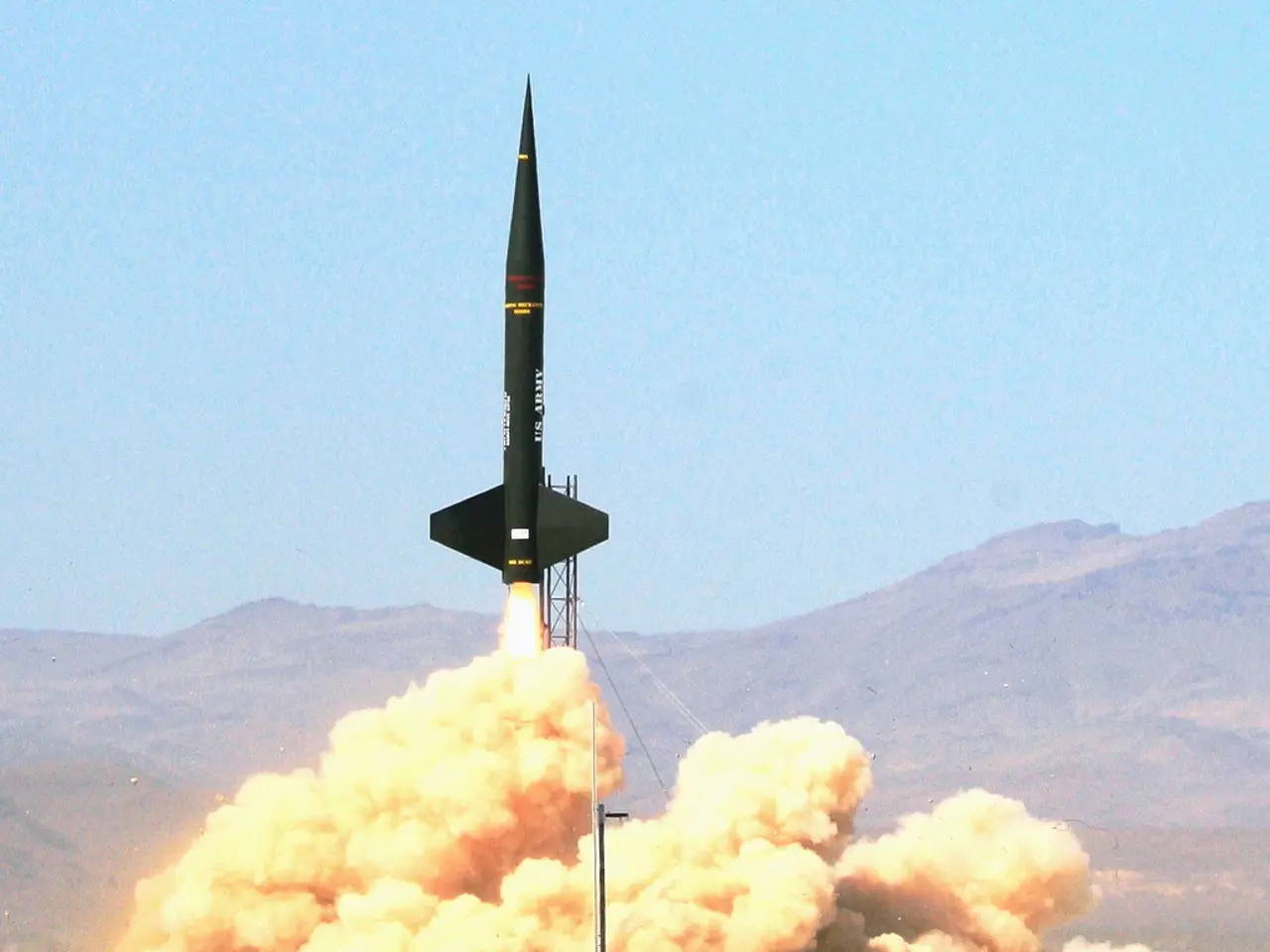Carbon Tax Advantages Boosting Kazakhstan's Environmental Commitments and Economic Edge
A group of experts from the World Bank, including senior adviser Susanne Aakerfeldt, senior climate change specialist Daniel Besley, economist Mustafa Ozgur Bozcaga, and senior economist Natasha Sharma, have proposed that Kazakhstan could improve its carbon pricing system to meet its climate goals and raise revenues for domestic priorities.
The authors suggest that a carbon tax could be part of Kazakhstan's policy toolbox, similar to other middle-income countries like Brazil, Turkey, and South Africa. These countries have made significant progress in implementing carbon pricing mechanisms, with emerging benefits mainly in market development and regulatory frameworks.
Carbon Pricing in Middle-Income Countries
Brazil is advancing a comprehensive strategy linking carbon pricing with carbon offset markets and carbon capture and storage (CCS) policies. South Africa has implemented carbon tax regimes since 2019, allowing limited offset usage, and Turkey is likely exploring similar carbon pricing policies.
The benefits realized by these countries include increasing regulatory certainty, developing robust carbon markets, mobilizing finance for natural climate solutions, and encouraging corporate engagement in emissions reduction.
Kazakhstan's Carbon Pricing Opportunities
Kazakhstan, being among the top 15 highest greenhouse gas (GHG) emitting countries on a per capita basis, stands to gain from a well-designed carbon pricing system. The proposed carbon tax could potentially increase export earnings and raise national income due to global prices exceeding domestic prices.
Moreover, the tax could establish a price floor that complements Kazakhstan's existing emissions trading system (ETS) and help decarbonize certain industries, enhancing their competitiveness in EU markets. The European Union (EU) will apply a carbon border adjustment mechanism (CBAM) to account for the carbon emissions embedded in imported carbon-intensive goods, and certain Kazakh industries, such as iron and steel, aluminum, and fertilizers, will face an additional charge when exporting to the EU.
If revenues from the carbon tax are used for purposes that benefit citizens evenly, the overall impact on equity could be progressive. For instance, if 40% of carbon tax revenues were distributed to the bottom 40% of households, the poorest and most vulnerable families could see their consumption increase by up to 6%.
Furthermore, the carbon tax could encourage investments in new and cleaner industries, creating jobs and supporting economic diversification. Kazakhstan's existing excise system could be strengthened to apply a carbon tax to all fuels, including natural gas and coal.
In conclusion, efforts to improve Kazakhstan's carbon pricing system could raise revenues, support economic diversification, improve development outcomes, and enable Kazakhstan to set an example for the region. The President of Kazakhstan has set a goal to achieve carbon neutrality by 2060, and a well-designed carbon pricing system could play a crucial role in achieving this ambitious target.
[^1]: Aakerfeldt, S., Besley, D., Bozcaga, M. O., & Sharma, N. (2022). Carbon Pricing in Middle-Income Countries: Opportunities and Challenges. World Bank Group.
[^2]: World Bank. (2021). Carbon Pricing in South Africa: Opportunities and Challenges. World Bank Group.
[^3]: World Bank. (2020). Carbon Pricing in Brazil: Opportunities and Challenges. World Bank Group.
[^4]: World Bank. (2019). Carbon Pricing in Turkey: Opportunities and Challenges. World Bank Group.
[^5]: World Bank. (2021). Forest Finance in Brazil: Opportunities and Challenges. World Bank Group.
- The World Bank group, in a recent publication, suggests that Kazakhstan could follow middle-income countries like Brazil, Turkey, and South Africa, in implementing carbon pricing mechanisms, such as a carbon tax, to improve its carbon pricing system.
- Climate-change specialists have noted that a well-designed carbon pricing system could help Kazakhstan meet its climate goals, raise revenues for domestic priorities, and facilitate entry into global environmental-science discussions.
- In the realm of policy-and-legislation, implementation of carbon pricing policies could position Kazakhstan as a leader in the region, especially with the upcoming carbon border adjustment mechanism (CBAM) in the European Union (EU), where certain industries may face additional charges when exporting carbon-intensive goods.
- Investments in new and cleaner industries, as a result of a carbon tax, could create jobs, encourage corporate engagement in emissions reduction, and contribute to economic diversification - all key elements in Kazakhstan's pursuit of carbon neutrality by 2060. The finance sector is expected to play a significant role in this transition, especially in mobilizing funds for natural climate solutions and supporting the general-news dialogue on environmental matters.




